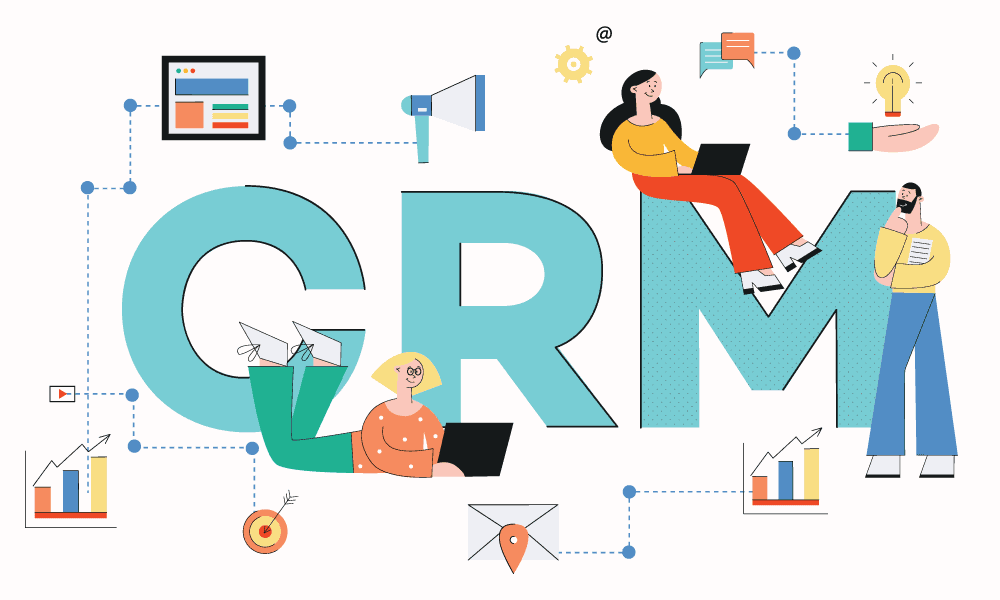Implementing a CRM system is cheap and fast – popular marketing promises in the implementer market. What is behind them? Invoices for the many hidden costs that the integrator will charge your company. So that the purchase of low cost CRM does not hit your budget and nerves, we tell you what awaits you during implementation and what additional costs you should prepare for.
Buying CRM: what to pay for
The cost of a CRM system is formed from the price for the license and implementation.
License. The price depends on the type of CRM system – cloud or box.
Boxed CRM is installed on the client’s servers. You buy a license for the program, and then the specialists install it on your server.
A boxed CRM is more expensive than a cloud one, but it is bought once and for all. The price depends on the number of users. For example, Bitrix24 – from 59,000 to 139,000 rubles and more, Megaplan – from 45,000 to 499,000 rubles. Updates are installed automatically, payment for updates comes from the next year.
In cloud CRM, data is stored on the server of the developer company. You can work in the system when connected to the Internet from any device through a browser. You pay a monthly subscription to access the service.
You can subscribe and pay once every few months or a year. The cost depends on the functionality. On average, it turns out from 5,000 to 8,000 rubles per user per year. Updates in the cloud version of the system are free and installed automatically.
The implementation
The implementation consists of 8 stages.
- Audit of business processes. At this stage, the analyst collects information about how the company operates: what is the management structure, what products and services it produces, who are the buyers, the algorithm for working with clients, marketing and analytics tools. This is necessary in order to understand how you can improve the work of the company using CRM. The result of the audit is a diagram with current business processes, which is approved with the customer. This stage takes an average of 9 days.
- Formation and detailing of the terms of reference. At this stage, business weaknesses are identified. For example, why applications are lost, deadlines are missed, clients are leaving. The analyst prescribes how these problems can be solved using a CRM for startups. For example, integrate mail and social networks with CRM so that all requests get into the system and not get lost, or set up a widget with reports on the work of managers for the manager. This stage takes 7 days on average.
- Coordination of technical specifications. The analyst coordinates the terms of reference with the client and after that the active phase of CRM implementation begins. This stage takes 1 day.
- System setup. Here, technical specialists are involved in the work and set up the client’s CRM system according to the terms of reference. For example, they build sales funnels, import a customer base into CRM, set up integration with telephony and mail. This stage takes 7 days.
- Testing a customized CRM analyst. A specialist tests the system for errors and inaccuracies. It happens that suddenly IP-telephony for some reason does not record conversations, the system does not collect reports, and so on. This stage usually takes 3 days.
- System presentation. The finished system is shown to the client. At this stage, the implementation specialist explains how CRM works and what was done within the scope of the terms of reference.
- Testing of the system by the customer. When the CRM is ready to go, the client checks how it works for 5 days. If he has any questions, he consults with the implementation department. At the same stage, employees are trained.
In our experience, the active phase of implementation lasts from 1–2 months. Simple systems with minimal functionality can be set up and up and running in 1–2 weeks.

